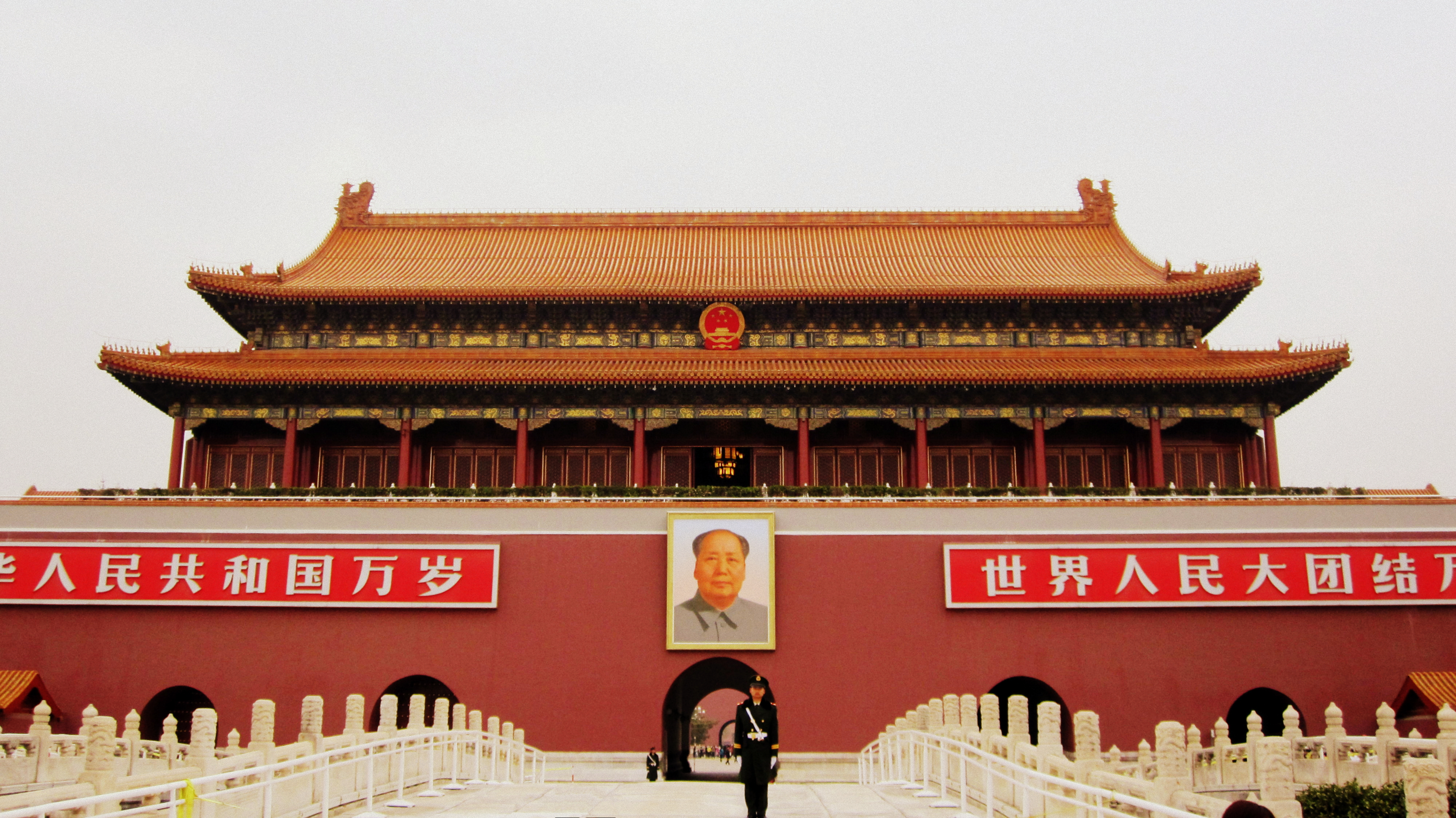
November 19, 2013, by Tony Hong
Go forth and multiply?
By Dr. David O’Brien,
Assistant Professor, School of Contemporary Chinese Studies at the University of Nottingham Ningbo China.
The headline-grabbing decision taken at the recent Third Plenum of the Communist Party of China Central Committee – that the One-Child-Policy is to be significantly relaxed – should come as no surprise. Questions remain however as to whether it is too late to stem a potential demographic crisis and if attitudes are as easy to change as law?
The new regulations will allow couples where one parent is an only child to have two children. Yet this is only the latest change to the controversial policy. It is nearly five years since authorities in Shanghai launched a campaign to encourage couples who are themselves an only child to have a second child, with very limited results. Ethnic minorities and people living in the countryside whose first child is a girl also face less stringent restrictions.
According to the Shanghai Population and Family Planning Commission, 2 million families in the city are made up of couples where both mother and father are an only child. Yet only 13,000 couples applied to have a second child since the new rule came in, and of those, just over half have actually had a second child. Approximately 97 per cent of Shanghai families have only one-child.
Wang Feng, a demographer at the University of California, Irvine, quoted in the Economist estimates that nationally the new regulations will result in perhaps 10 million families having a second child. Of those, Wang predicts, half will do so in the next few years, increasing the birth rate by 1m to 2m more babies a year, on top of the current 16m births.
China’s fertility rate – the average number of children a woman has in her lifetime – stands at 1.5 which is far below the 2.1 needed to keep the population stable. China has taken just 20 years to reach an age profile that took 70 years to occur in Britain. This means that an ever increasing elderly population are being looked after by an ever decreasing young population. China may yet become the first nation to grow old before it grows rich.
In Shanghai, one in four people are now retired and if current trends continue, by 2050, a third of all Chinese people, or 450 million, will be aged over 60. Another significant decision taken by the Third Plenum meeting was to introduce a system for gradually increasing the age of retirement. Again Shanghai has been piloting a system to encourage people to work longer.
According to Peng Xizhe, director of Fudan University’s Institute of Population, in Shanghai, one retired worker is supported by 1.5 taxpayers, while the national average is 3.5 taxpayers for every retired person. This large proportion of retired people has also led to a significant shortfall in the city’s social security fund, estimated to be in the region of 10 billion yuan. Where Shanghai leads, will China follow?
The current legal retirement age in China is 60 for male workers and officials. It is 50 for female workers and 55 for female officials, according to a law passed in 1978.
Then there is the serious and potentially destabilising imbalance in gender to consider. The National Population and Family Planning Commission registered a sex ratio at birth of 117.7 boys for every 100 girls in 2012. Taking into account the difference in mortality rates between genders, a normal ratio should stand at 103 to 107 boys for every 100 girls. In a society which has traditionally placed a strong importance on having a son, the one-child- policy has undoubtedly contributed to this imbalance.
The one-child-policy was introduced in the late 1970s and as a result the population growth rate has dropped from 33.4 per thousand in 1970, to 12.1 per thousand last year. According to official figures this means more than 400 million births have been prevented. But it may also have created a societal norm of one child families which could have very serious implications for the future and which may take much longer to change than just an alteration of regulation. Quoted in a Shanghai Daily recently, a 35-year-old Shanghai mother-of-one expressed sentiments shared by many. “The energy, financial burden and time that an extra child requires, would be more than I can stand”, she said.
No comments yet, fill out a comment to be the first

Leave a Reply